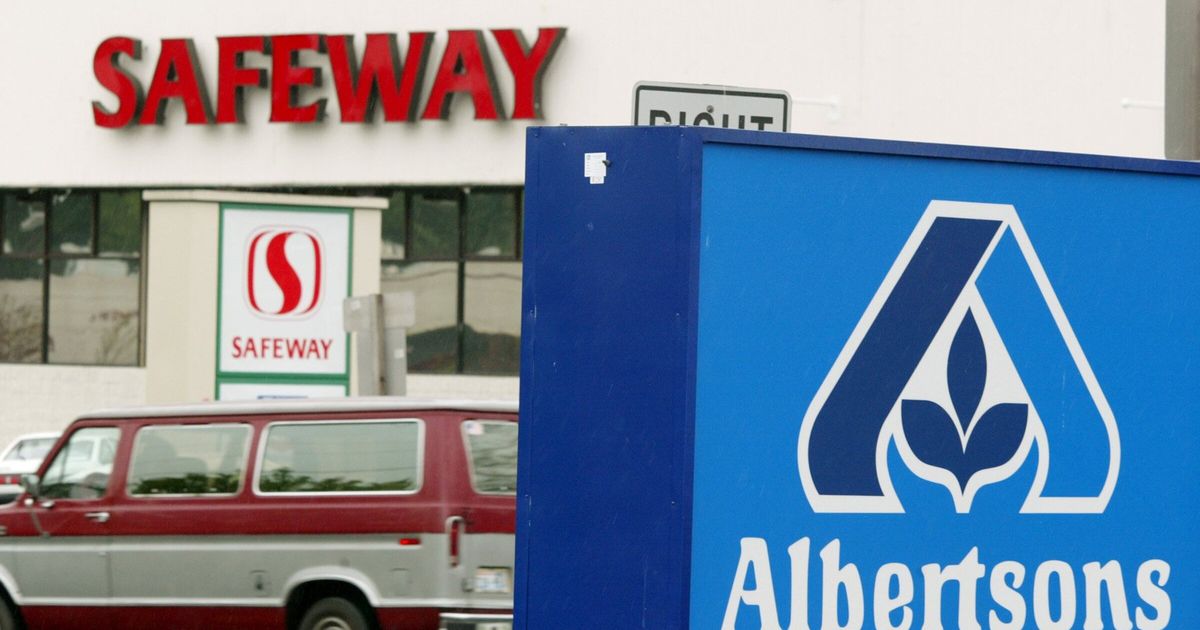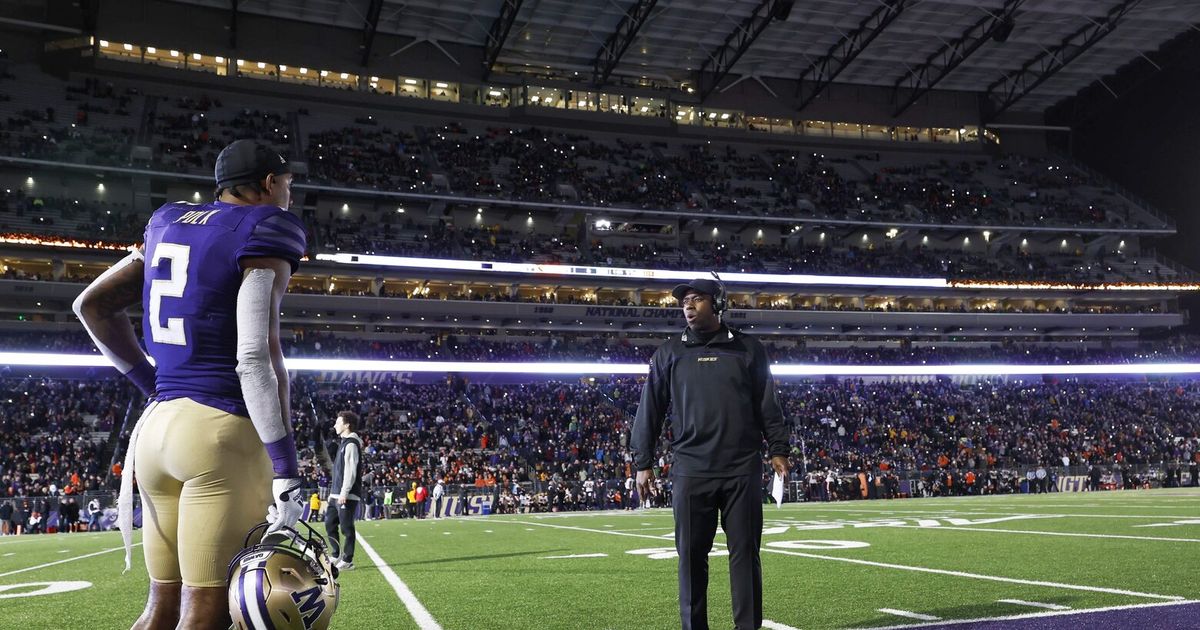A King County judge has temporarily barred Albertsons from paying a controversial $4 billion in dividends to investors as part of the retailer’s proposed merger with rival Kroger.
On Thursday, King County Superior Court Commissioner Henry Judson approved a request by state Attorney General Bob Ferguson to temporarily block the dividend, which is scheduled to be paid Monday, until the court can more fully review whether the payment violates antitrust laws.
The ruling is the latest hurdle to plans to merge the nation’s two largest grocery chains, which some critics say could mean less competition, higher food prices and even the closing of underperforming businesses, including some in Washington state. Albertsons, which owns Safeway, and Kroger, which owns QFC and Fred Meyer, are among the biggest players in Washington state.
“I am temporarily restraining and attaching Albertsons to the payment of the dividend after the close,” Judson said at the close of Thursday’s hour-long hearing. The payment is blocked until at least next Thursday, when King County Superior Court Judge Ken Schubert is scheduled to take a closer look at arguments in the case.
“It’s clear that additional information and evidence needs to be presented,” Judson noted.
U the lawsuit was filed TuesdayFerguson argued that the dividend is illegal because it potentially reduces Albertsons’ ability to keep all of its locations open for the several years it takes to complete the merger.
Ferguson’s arguments were echoed by Illinois attorneys general, California and District of Columbiawhich jointly filed a lawsuit Wednesday to block the dividend in federal court in Washington, D.C.
The $4 billion dividend has drawn fire from state and federal officials, unions, Albertsons and Kroger employees and shoppers since it was announced last month as part of the proposed merger.
According to legal experts, Thursday’s decision did not come as a surprise. Courts routinely grant temporary restraining orders in cases where the failure to restrain an action could undermine a party’s larger legal claim, even if that claim has yet to be heard or upheld by a court.
This is a developing story and will be updated







